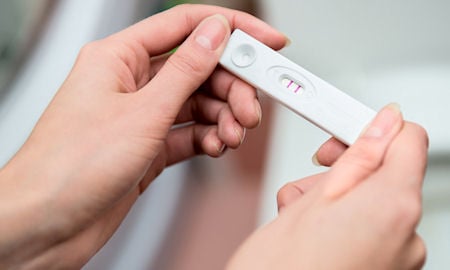
Prerequisite Testing
Your provider may ask you to do certain tests before starting IVF. Many are recommended based on national standards of care. Other tests are important to reduce the chance of problems in pregnancy, risk to the baby, or to increase the chance of getting pregnant.
| Female | Male |
HIV Hepatitis B antigen Hepatitis C antibody RPR (Syphilis) Gonorrhea Chlamydia Pap smear Blood type, Rh, and antibody screen |
HIV Hepatitis B antigen Hepatitis C antibody RPR (Syphilis) Gonorrhea Chlamydia Semen analysis and strict morphology |
Your health care provider may also recommend testing a rubella and varicella titer to see if you have immunity to rubella and varicella. If not, you may be offered vaccination before you conceive.
You may also be offered different types of genetic carrier screening. The carrier screening may ethnic-specific, pan-ethnic, or expanded based on your request and the practice of the office. There are many panels of tests- some patients are tested for hundreds of tests. However, the recommendations are that all patients are offered testing for cystic fibrosis, spinal muscular atrophy, fragile X syndrome, and hemoglobinopathies.
There are additional recommendations for patients of Eastern and Central European Jewish descent, so please discuss with your provider if more testing is suggested.

